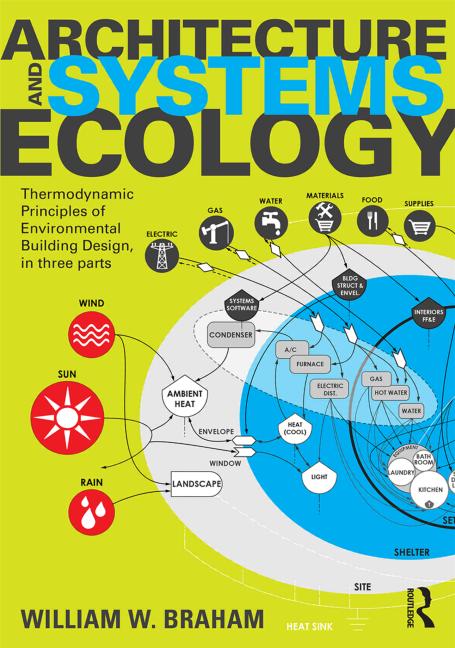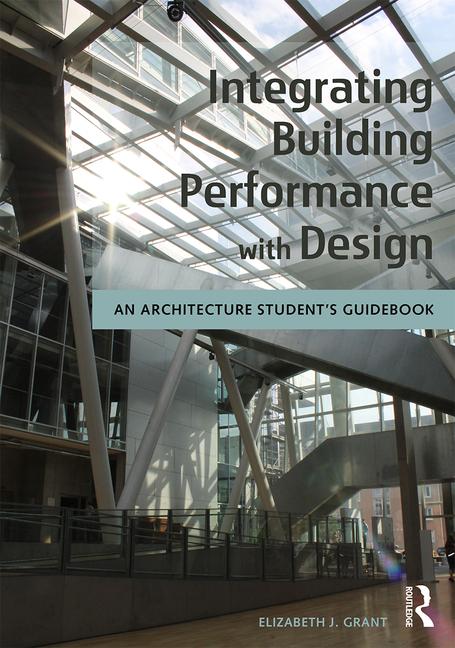Despite ongoing efforts to improve equality within the architecture field, unpaid internships can deepen existing barriers for many emerging professionals. The National Council of Architectural Registration Boards (NCARB) is re-affirming its opposition to unpaid architectural internships. Since launching the national experience program in 1977, NCARB has always expected—and later required—that employers compensate all students and licensure candidates for their work, regardless of duration or experience level.
Expectations for Architecture Firms
From its inception, the Architectural Experience Program® (AXP)® has served as a framework to guide candidates through earning and documenting practical experience. The program’s earliest manual outlined expectations for both licensure candidates and firms, such as regular coaching sessions and paid time off for professional development opportunities.
“Architects have an ethical obligation to compensate licensure candidates for their work and provide meaningful internships that advance their skillset,” said NCARB President Alfred Vidaurri Jr., NCARB, NOMA, FAIA. “Over the course of my career, I’ve had the gratifying opportunity to guide several candidates through the licensure path—and I can’t imagine not paying them for their contributions.” Vidaurri’s Texas-based firm, Freese and Nichols Inc., offers a robust internship program that emphasizes the value of hands-on experience, supportive mentors, and continuous learning. The nationally recognized workplace also covers the cost of professional membership fees, the national licensing exam, and study materials.
While data on architecture internships is sparse, a recent poll on NCARB’s LinkedIn page found that 32 percent of nearly 500 respondents have been offered, or a seen a listing for, an unpaid architecture internship within the last three years. Across all industries, 40 percent of internships are unpaid—disproportionately shutting out low-income students and graduates, according to the National Association of Colleges and Employers (NACE). Additionally, 81 percent of unpaid interns are women, and Black or African American students are more likely to have unpaid internships.
NCARB’s joint study on diversity with the National Organization of Minority Architects (NOMA) shines additional light on how specific groups face disproportionate challenges along the licensure path. For example, Black or Latino candidates have a harder time finding AXP-supportive firms, and professionals over the age of 40 are less likely to receive a variety of experience opportunities.
“The majority of architects begin gaining professional experience while in college, so educating students about their rights is paramount,” said NCARB CEO Michael Armstrong. “Ensuring architecture students and graduates have access to paid, quality internships is one way the profession can begin to address inequity.”
What Firms and Students Can Do to Address Unpaid Internships
Today, over 20,000 licensure candidates are actively reporting hours toward the AXP, according to NCARB’s data. Licensure candidates, AXP supervisors, and firm leaders should be aware of the policies set forth in NCARB’s AXP Guidelines and Model Rules of Conduct, as well as the U.S. Department of Labor’s Fair Labor Standards Act (FLSA) and Fact Sheet on Internships.
NCARB is also conducting a profession-wide study called the Analysis of Practice, which will help shape future licensing programs and standards. Architects, licensure candidates, and students can help inform updates to the experience program by participating in the ongoing research. Findings from previous surveys led NCARB to clarify its stance on unpaid internships, among other significant program changes.
If a licensure candidate would like to report a violation of NCARB’s policy regarding paid internships, please email whistleblower@ncarb.org or contact your architect licensing board.






